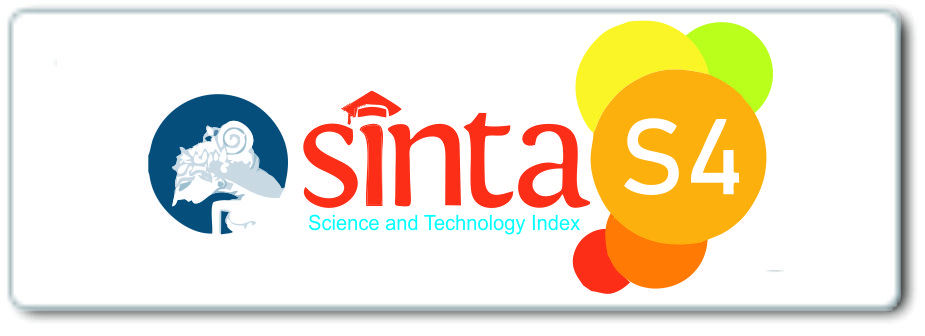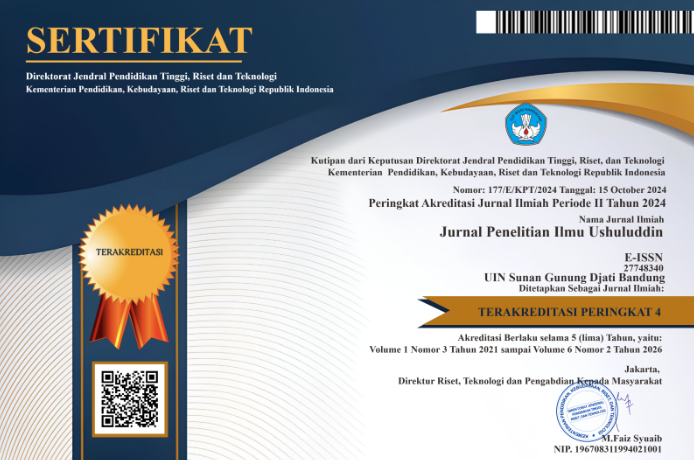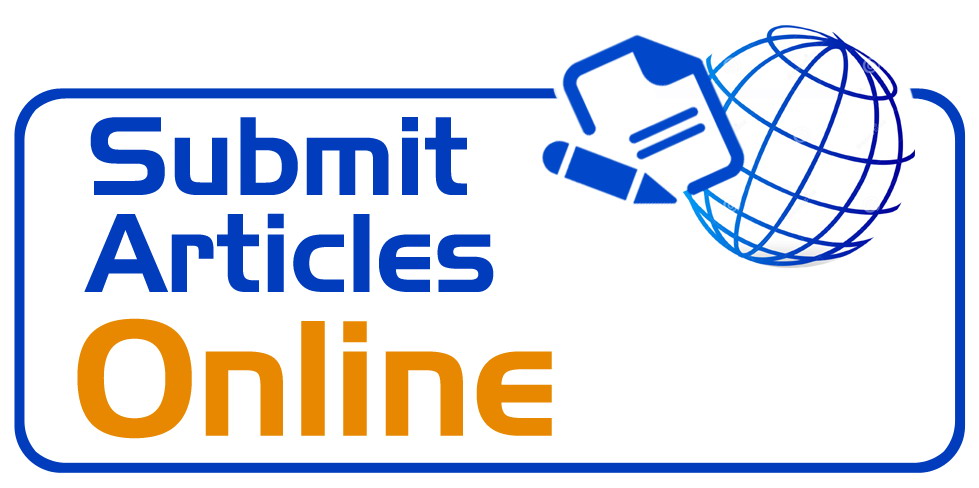Telaah Metodologis Kitab Tafsir Irsyad al-‘Aql al-Salim Ila Mazaya al-Kitab al-Karim Karya Abu al-Su’ud Al-‘Imadi
DOI:
https://doi.org/10.15575/jpiu.23897Keywords:
Abu al-Su'ud al'Imadi, Irsyad al-'Aql al-Salim ila Mazaya al-Kitab al-Karim, Methodology of InterpretationAbstract
The purpose of this paper is to analyze Abu al-Su'ud Al-'Imadi's exegetical manual, Irsyad al-'Aql al-Salim ila Mazaya al-Kitab al-Karim, focusing on the manual's sources of interpretation (mashdar), techniques of interpretation (manhaj), and interpretation orientation (ittijah). The mufassir's life story, his scientific discoveries, and the context of the commentary's composition are all briefly covered. This method of research is qualitative and takes a literature-based approach. From the perspective of the source, Abu al-Su'ud Al-'Imadi's commentary Irsyad al-'Aql al-Salim ila Mazaya al-Kitab al-Karim falls into the category of interpretation bi al-Ra'yi; from the perspective of the method, it employs the tahlili; and from the perspective of the orientation, it includes the lughawi. Abu al-Su'ud al-'Imadi was a scholar who lived during the Ottoman Empire's golden age, when the population enjoyed economic success, political stability, and scientific advancement. This seems to be the driving force behind Abu al-interpretation Su'ud's from a linguistic perspective. His ardor for the Arabic language and literature, which has elevated him to the level of an expert in the field, is another important factor in the linguistic focus of his interpretations (lughawi).References
Al-‘Aidarus, A. Q. bin A. (2001). Al-Nur al-Safir ’an akhbar al-Qarn al-’Asyir.pdf. Dar Sadir.
Al-’Akriy, A. H. bin A. bin M. (1993). Syajarat al-Dzahab fi Akhbari man Dzahab.pdf. Dar Ibnu Katsir.
Al-’Imadi, A. al-S. (1971). Irsyad al-’Aql al-Salim Ila Mazaya al-Kitab al-Karim. Matba’ah al-Sa’adah.
Al-Basyuni, K. S. A. (2016). Manhaj al-Imam Abi al-Su’ud fi Tafsirihi. Jurnal Kulliyat Ushuluddin Wa Al-Da’wah Al-Azhar Manofia.
Al-Burini, al-hasan ibn M. (2006). Tarajum al-A’yan Min Abna’ al-Zaman. al-Majma’ al-’Ilmi al-’Arabi.
Al-Dzahabi, M. H. (2003). Al-Tafsir wa Al-Mufassirūn. Maktabah Wahbah.
Al-Farmawi, A. H. (1977). Al-Bidayah fi al-Tafsir al-Maudu’i. Maktabah Jumhuriyah Misr.
Al-Gazzi, N. bin M. bin M. (1997). Al-Kawakib al-Sairah bi A’yan al-Mi’ah al-Asyirah. Dar Al-Kotob Al-Ilmiyah.
Al-Rumi, F. (1998). Buhuth fi Ushul al-Tafsir Wa Manahijuh. Maktabah al-Taubah.
Bali, A. bin. (1975). Al-‘Aqd al-Manzum fi Dzikri Afadil al-Rum. Dar al-Kutub al-’Arabi.
Brocklman, K. (1977). Tarikh al-Adab al-’Arabiy.pdf. Dar al-Ma’arif.
Departemen Pendidikan Nasional. (2008). Kamus Besar Bahasa Indonesia. Pusat Bahasa.
Fensink. (1934). Dairat al-Ma’arif al-Islamiyah. Matba’ah Misriyyah.
Koentjaraningrat. (1991). Metode-metode penelitian masyarakat. Gramedia Pustaka Utama.
Luis, B. (1982). Istanbul Wa Hadharat al-Khilafah al-Islamiyah (S. R. Ali (ed.)). Dar al-Saudia.
Mubarok, H. (2014). Teologi Al-Ash’ariy Dalam Tafsir Irshad al-’Aql al-Salim Ila Mazaya al-Kitab al-Karim Karya Abu Al-Su’ud [UIN Sunan Ampel Surabaya]. https://www.ptonline.com/articles/how-to-get-better-mfi-results
Zulaiha, E. (2017). Tafsir Kontemporer: Metodologi, Paradigma dan Standar Validitasnya. Wawasan: Jurnal Ilmiah Agama Dan Sosial Budaya, 2(1), 81–94. https://doi.org/10.15575/jw.v2i1.780
Zulaiha, E. (2022). Mata Kuliah Manahij al-Mufassirin.
Downloads
Published
Issue
Section
License
Authors who publish in Jurnal Penelitian Ilmu Ushuluddin agree to the following terms:
- Authors retain copyright and grant the journal right of first publication with the work simultaneously licensed under an Attribution-ShareAlike 4.0 International (CC BY-SA 4.0) License that allows others to share the work with an acknowledgment of the work's authorship and initial publication in this journal.
- Authors are able to enter into separate, additional contractual arrangements for the non-exclusive distribution of the journal's published version of the work (e.g., post it to an institutional repository or publish it in a book), with an acknowledgment of its initial publication in this journal.
- Authors are permitted and encouraged to post their work online (e.g., in institutional repositories or on their website) prior to and during the submission process, as it can lead to productive exchanges, as well as earlier and greater citation of published work (See The Effect of Open Access).












